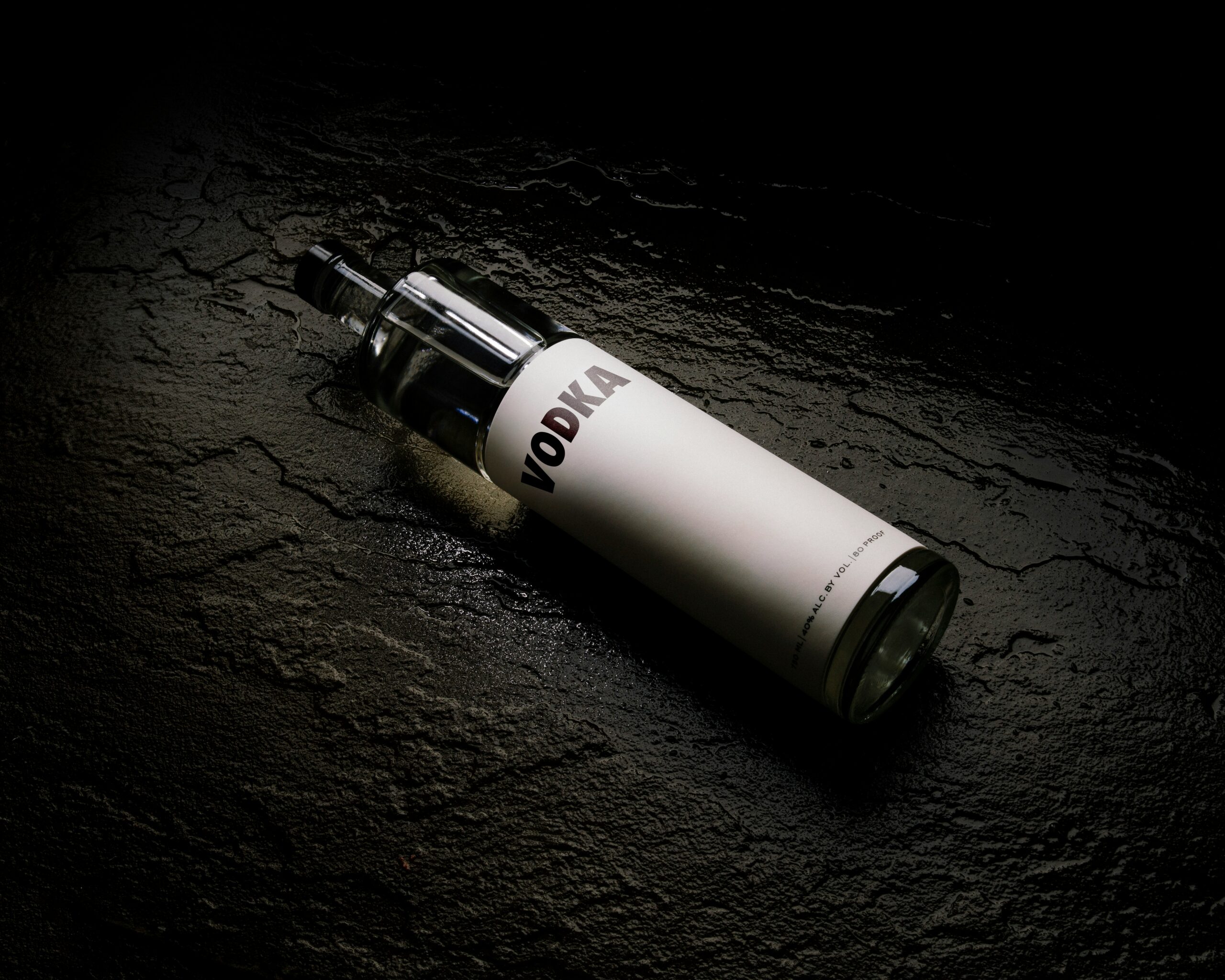Alcohol consumption inevitably triggers chemical reactions in the body, releasing dynorphin (a depressant and sedative) followed by cortisol and adrenalin, the stress and anxiety hormones. The severity of the resultant feelings generally correlates with the amount and frequency of consumption. Unfortunately, when medical professionals encounter patients suffering from mental health problems, few inquire about their alcohol use, primarily due to the stigma and the expectation of dishonesty. As a result, doctors may prescribe medications to manage symptoms without addressing the underlying issues. I’m not saying that alcohol is the sole cause of any of these mental health problems, but I do want to be clear – alcohol can only ever make things worse, not better.
In my experience as a coach, I’ve found that many individuals who have struggled with mental health challenges see improvements when they reduce or eliminate alcohol from their lives. Many can eventually lower their medication dosage or stop taking it altogether after a period of sobriety, highlighting the strong connection between alcohol and mental health.
At the moment, very few wellness programmes make any mention at all of the link between alcohol and poor mental health and we need to change this, so that people are more aware of the risks, and less likely to develop problems with alcohol. Wellness programmes need to educate people about how using alcohol to relax and unwind at the end of a stressful day may seem like it’s working for the first 20-30 minutes, but once the alcohol is in the bloodstream, the chemical reactions start, and they will land up more stressed than ever. And their sleep quality will be impacted so that they wake tired but wired, thus adding to their stress. Clear, consistent education and messaging on this will help prevent new people developing Alcohol Use Disorder (to give it its proper name).
But what of the people who are already in difficulty with alcohol? These are the people whose regular drinking may already be causing mental health problems. Many will have already tried AA, but it doesn’t work for everyone. There are alternatives out there, but people don’t know how to access them. They feel they can’t ask for help, because of the shame and stigma around alcohol addiction. And they certainly can’t ask their employer for help, because if they ‘out’ themselves as having a problem with alcohol, they risk dismissal – alcoholism is not a protected characteristic under the Disabilities Act.
Organisations which take mental health seriously are facing up to the challenge of confronting the stigma surrounding alcohol use. They are raising awareness of the problem. They are examining their own culture as regards alcohol, and reducing their alcohol-centricity. This might mean finding new ways to bond, instead of beers in the pub on a Thursday night, or re-thinking the festive party, or sending fruit or flowers rather than wine as a gift. It also means leaders opening up about their own problems with alcohol and how they overcame them, so that staff feel safe coming forward to ask for help. That psychological safety comes from brave and compassionate leadership.
Some key facts:
- The pandemic has led to a 33% increase in deaths wholly attributable to alcohol rose (2022 vs 2019)
- Average household expenditure on alcohol increased by 24% in 2020.
- Conservative (pre-pandemic) estimates suggest that c.5% of absenteeism is due to alcohol – but the reality is likely to be much higher than this.
- Recent research conducted by the author, through IPSOS, revealed that 94% of those who are off work because of a hangover give a different reason for their absence.
- Research by the Institute for Alcohol Studies indicates that 9% of workers have been to work drunk or hungover in the last six months, and on each occasion, they were, on average 39% less effective than normal. This equates to a cost of £1.4bn/year to the UK economy, and it doesn’t factor in the impact on co-workers.
- A generational divide is emerging. Gen Z are shunning alcohol – 42% of young women under 24 never drink, and that proportion is double what it was ten years ago. (The equivalent figure for young men is 36%.)
www.winetowatercoaching.com









